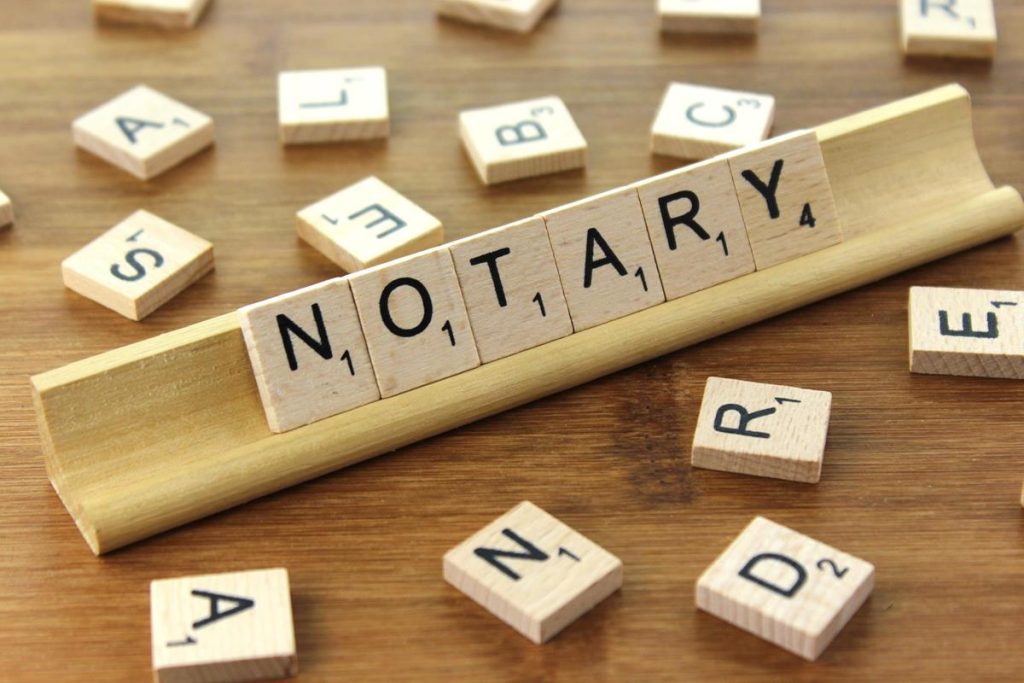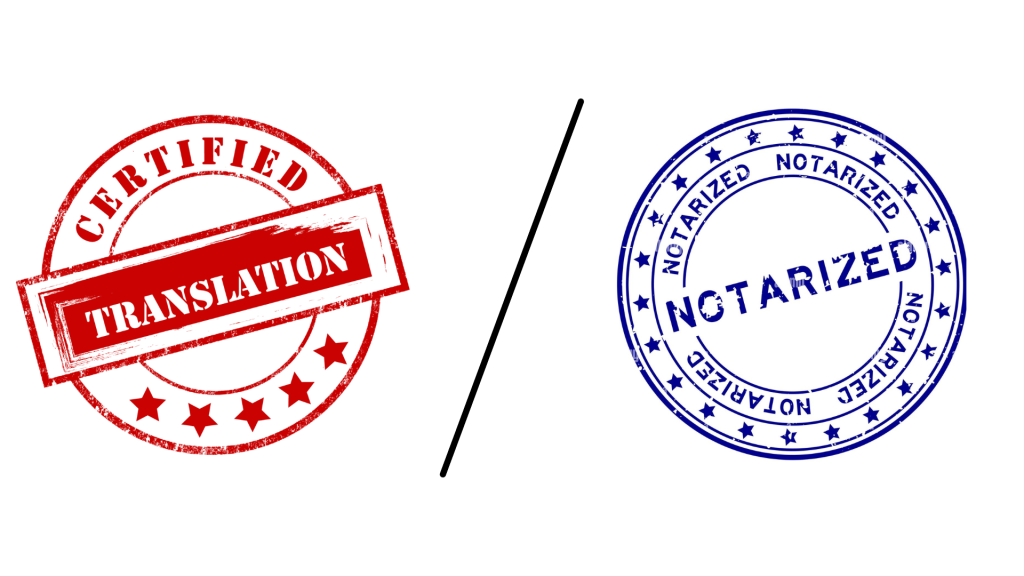Notarized translation in Vietnam has become a necessary service during the globalization process. Let VINALOCALIZE show you how it is done in Vietnam.
Definition of notarized translation
Notarized translation in Vietnam refers to the process of translating a document from its original language (e.g., Vietnamese) to a specific target language (e.g., English). The translation is then notarized to confirm that it is accurate in content and legally usable when compared to the original text.
The nature of notarized translations is to acquire the authentication of a notary from a notary office or a judicial officer from a judicial office for the translator’s signature on the translated document.
According to Article 61 of the 2014 Vietnam Law on Notarization, “the translation of papers and documents from Vietnamese into a foreign language or vice versa for notarization shall be done by interpreters who are collaborators of notarial practice organizations”.
The collaborators must be graduates of foreign language universities or other universities who are fluent in the foreign languages used. They are to be responsible for the accuracy and consistency of their translations.
Why should we use notarized translations?

Notarized translation is an important procedure that the state uses to monitor transactions. In Vietnam, there are many transactions that ask for documents with notarized translations. In addition, documents with notarized translations have higher creditability.
A notarized translation requires a signature and a seal. A notarized document containing two or more pages will need to be presented with an overlapping seal. As for countries that do not use seals, only signatures are necessary.
Papers and documents in foreign languages need to be consularly legalized at embassies before moving on to the process of notarized translation. Papers and documents from certain countries are exempt from the legalization process.
Can I do it by myself?
Also according to Article 61 of the 2014 Law on Notarization, an individual can translate by him/herself for personal use. However, notarial practice organizations and judicial offices will not notarize this translation.
A translation can only proceed to notarization if translation companies or collaborators of notarial practice organizations prepare it. Translation agencies often register their translators’ signatures with notarial practice organizations.
Therefore, if you are planning on translating your documents by yourself, note that you can only use them for personal purposes. You also cannot notarize them.
The differences between certified translation and notarized translation

A certified translation is a translation that a certified translator (one who is proficient in translating a specific language) provides. The translator will have to give his or her name, signature, date of translation, and other additional information. They have to take an oath and be responsible before the law to ensure that the translation is complete and accurate.
If a translator is certified by any agency or organization, that agency or organization must stamp and confirm information about the translator. Certified translated documents only have transactional value in terms of content.
A notarized translation will require a step further. The certified translator must sign and then have their signature confirmed and stamped by a Justice Department or a private notary office. Foreign universities, embassies, or other foreign organizations accept notarized translations.
Where should I have my document notarized?
As mentioned above, a notarized translation process would consist of two parts: translating and notarizing.
There are 3 units in Vietnam that can make notarized translations, namely:
- Translation companies: Able to carry out both judicial and private notary services to authenticate translations.
- Private notary offices: Translations rely mostly on collaborators and cannot perform judicial notarization.
- Provincial-level Justice Departments’ notary offices: A governmental agency with the function of judicial notarization. Translation functions are also provided by collaborators.
When comparing the 3 units, translation companies stand out as having a fast and concise translation procedure. They can translate and notarize short and simple documents within a day.
If you are in need of a notarized translation or need to translate long, hard, multi-paged documents, get in touch with Premiumtrans and VINALOCALIZE today!
Our notarized translation service
VINALOCALIZE Translation and Localization Company can help you with your need to get notarized translated documents within Hanoi. We provide translations in a variety of fields and industries.
Reach out to us at (+84)348.568.588, send an email to sale@vinalocalize.com, or visit us at the following address: 3rd Floor, Room 302, Building 82 Bach Mai, Cau Den, Hai Ba Trung, Hanoi.
We are always ready to help!



